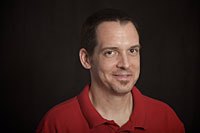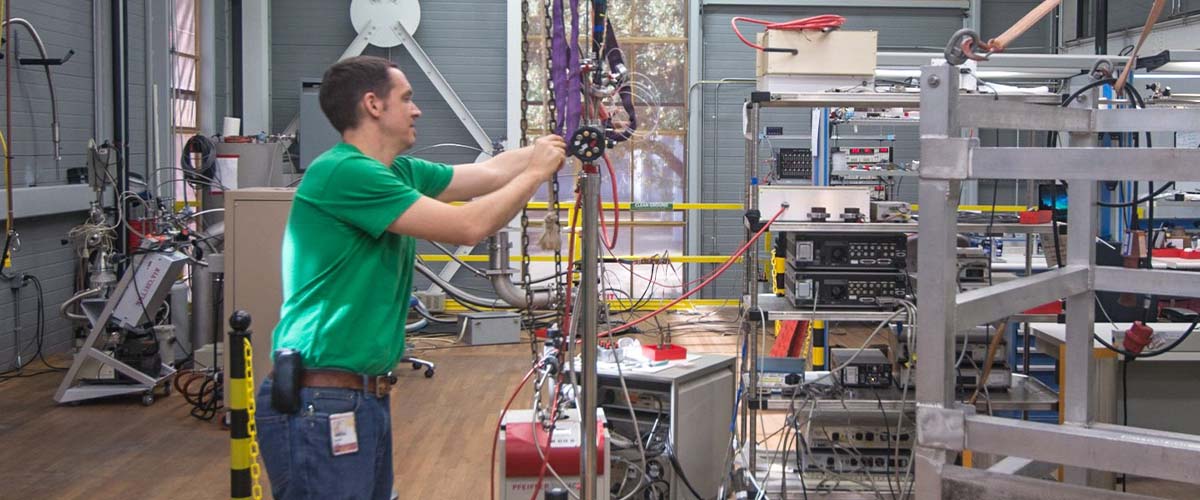I began to read papers because I was searching for answers, not because I knew my adviser would ask me if I had. I learned to focus, and I started to become territorial.

David Graf
I'm sure some people have a real discovery moment, when they sit down and have a light bulb go off over their heads about science. But for me it took a long, long time to go from, "Hey, maybe I'll try science," to, "I really like doing research."
In high school and as an undergraduate physics major at Buffalo State College, I spent summers landscaping. I even considered it as a career, and at one point offered to buy out my boss (he wasn't interested). Then one year my adviser asked, "Why don't you come and work for me for the summer?" I thought, "Sure, why not?"
That summer I saw graduate students and postdocs work long hours and speak passionately about topics that would put most people to sleep. I didn't get it: I still lacked the skills it took to fill a 12-hour workday. Physics was interesting enough that I ultimately decided to go to graduate school, but I didn't know if I would ever be as invested in research as the scientists around me.
In the beginning of my research assistantship, if I arrived early, stayed late or worked during the weekend, it was partially because I thought my adviser expected me to be there. I needed lots of specific instructions, because no one knows what they're doing right off the bat. You know you're supposed to read papers, but which papers? You know you're supposed to fix things, but which things, and how do you fix them? But as you learn what you're doing, you become self-motivated. You can come in to work and prepare a mental to-do list: "I need to read this paper, repair that probe, prepare figures for a manuscript and begin my next measurement."
After several years I started to work on my research without my adviser looking over my shoulder. Occasionally, I even came up with my own ideas of how to improve the experiment and results. I began to read papers because I was searching for answers, not because I knew my adviser would ask me if I had. I learned to focus, and I started to become territorial. That's when you start to feel like a scientist, because you feel like, "This is my project, I need to understand the science behind this research."
Now I have been doing research for almost a decade. I see new graduate students in the lab every summer looking a little bit lost. I have a theory that you can tell what year a graduate student is in by how slowly they walk in the hallway. Early students just need to be taught new skills and be pointed in the right direction, while students in their last year usually look like they are racing towards a finish line.
By DAVID GRAF, postdoctoral associate, Condensed Matter Science



